“NIS losses close to EUR 90mn?”
According to daily Politika’s unofficial information, NIS lost some EUR 90mn in 2008, according to an auditor’s report.
Friday, 29.05.2009.
16:21

According to daily Politika’s unofficial information, NIS lost some EUR 90mn in 2008, according to an auditor’s report. While the report filed by the KPMG auditing house, due to be presented to the Serbian Oil Industry (NIS) board of directors on Friday, could resolve old disagreements, it could just as easily open new ones between the Serbian and Russian sides in the company, the daily writes. “NIS losses close to EUR 90mn?” Politika received the amount of EUR 90mn from a source close to the auditors. If this amount is confirmed, this means that the company’s losses in 2008 were almost twice as high as Russian Gazpromneft’s estimates earlier this year. The Russian company, which is now the majority owner of NIS, stated at the beginning of the year that the estimated losses for 2008 were about EUR 40mn. The Serbian side, according to Politika’s sources, will not accept KPMG’s report as it stands, and will call for a new audit or a new inventory of NIS’s assets and balance sheets. A member of the NIS board, Nikola Martinovic, told Politika that the final balance for 2008 could not be confirmed without these facts. He said that all the members of the board were already familiar with the details of the KPMG report. The Serbian side claims that the report is not acceptable because of the methodology used by the auditor to confirm whether NIS made a profit of EUR 24mn last year, as the Serbian side claims, or lost money. Asked how Gazpromneft could not have known about NIS’s financial status prior to buying the company, and where these huge reported losses were coming from, Martinovic categorically claimed that the Russian partner must have known everything and that there was no room for surprises. He did not believe that the negative final operating balance would sour relations with the Russians, and that, on the contrary, a solution to the problem could be found today. “It is in the best interests of both parties to start modernizing the company in order to be ready to take on the competition,” Martinovic said. A source close to the Russian side told the daily that the Russians were not sure that a compromise would be found that easily, stating that it was the Serbian side’s prerogative not to agree with the KPMG report. However, the losses had to be offset somehow, the source said. In order for the report to receive the green light, it must be adopted by the NIS Assembly, which means that Energy Minister Petar Skundric and Gazpromneft Director Aleksandr Dyukov must sign off on it by June 30.
“NIS losses close to EUR 90mn?”
Politika received the amount of EUR 90mn from a source close to the auditors.If this amount is confirmed, this means that the company’s losses in 2008 were almost twice as high as Russian Gazpromneft’s estimates earlier this year. The Russian company, which is now the majority owner of NIS, stated at the beginning of the year that the estimated losses for 2008 were about EUR 40mn.
The Serbian side, according to Politika’s sources, will not accept KPMG’s report as it stands, and will call for a new audit or a new inventory of NIS’s assets and balance sheets.
A member of the NIS board, Nikola Martinović, told Politika that the final balance for 2008 could not be confirmed without these facts.
He said that all the members of the board were already familiar with the details of the KPMG report.
The Serbian side claims that the report is not acceptable because of the methodology used by the auditor to confirm whether NIS made a profit of EUR 24mn last year, as the Serbian side claims, or lost money.
Asked how Gazpromneft could not have known about NIS’s financial status prior to buying the company, and where these huge reported losses were coming from, Martinović categorically claimed that the Russian partner must have known everything and that there was no room for surprises.
He did not believe that the negative final operating balance would sour relations with the Russians, and that, on the contrary, a solution to the problem could be found today.
“It is in the best interests of both parties to start modernizing the company in order to be ready to take on the competition,” Martinović said.
A source close to the Russian side told the daily that the Russians were not sure that a compromise would be found that easily, stating that it was the Serbian side’s prerogative not to agree with the KPMG report. However, the losses had to be offset somehow, the source said.
In order for the report to receive the green light, it must be adopted by the NIS Assembly, which means that Energy Minister Petar Škundrić and Gazpromneft Director Aleksandr Dyukov must sign off on it by June 30.











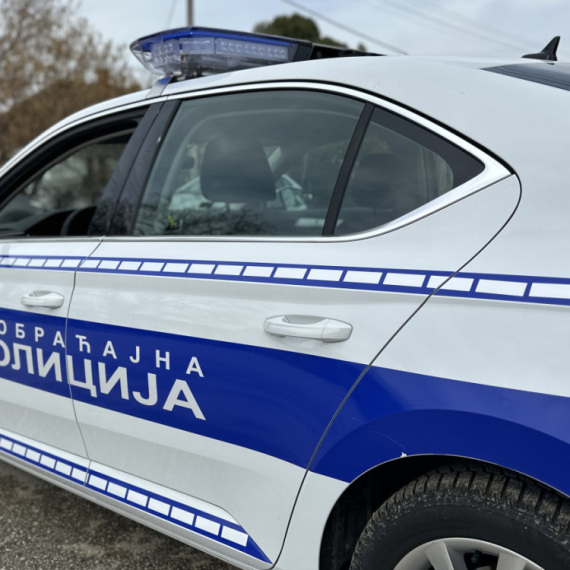
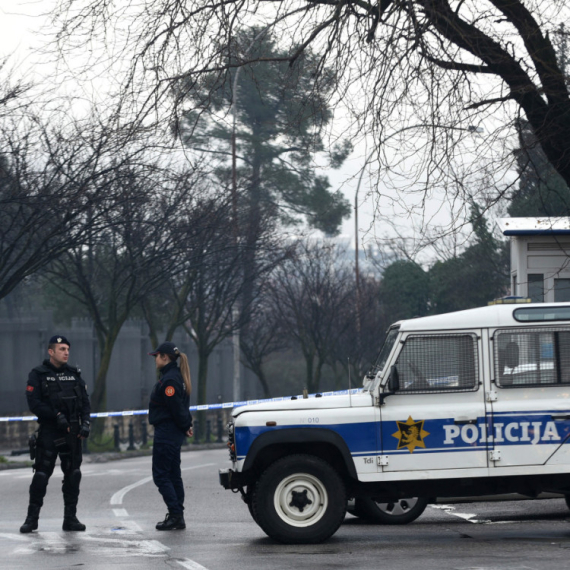



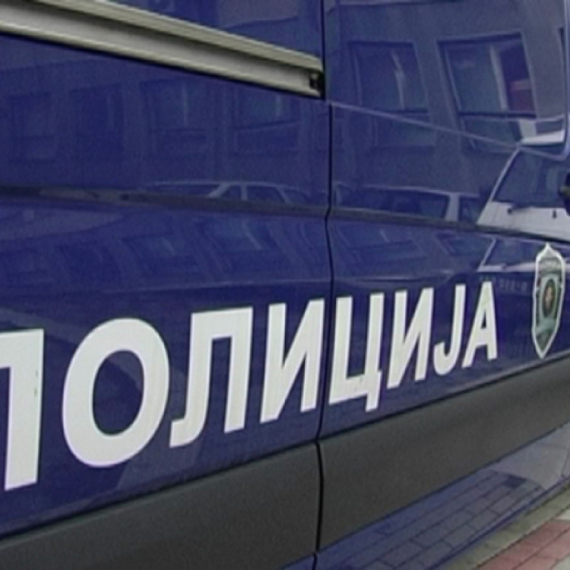
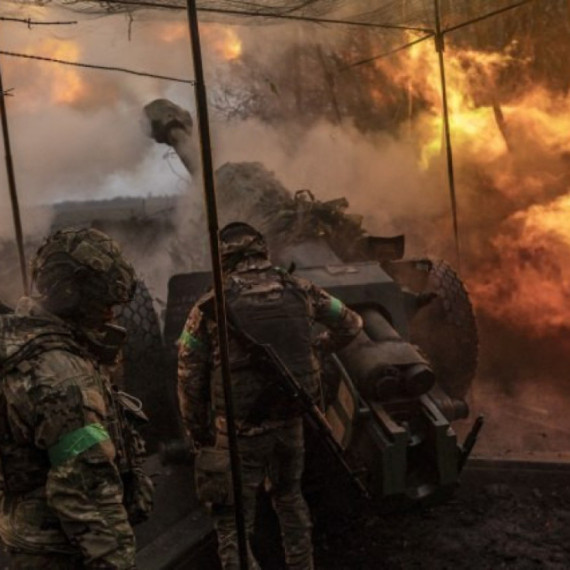




















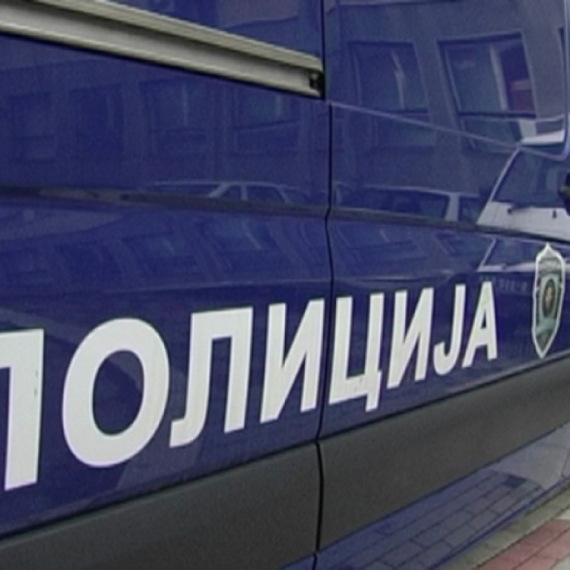





Komentari 2
Pogledaj komentare